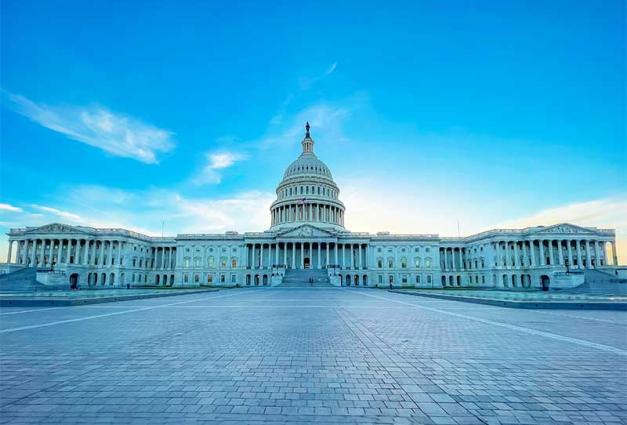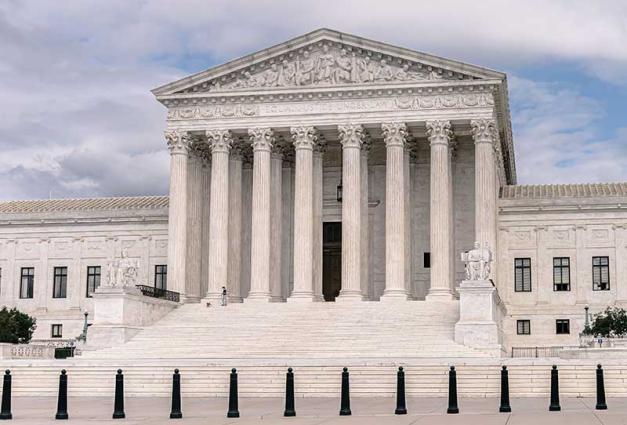SPSP joined over 40 science organizations in urging the U.S. Senate to work with the scientific community to address the crisis of gun violence in the United States. In a letter to the Senate, sent on June 21, SPSP was among the groups that emphasized the need to consider gun violence a public health issue rather than a political one.
"We strongly discourage the use of inaccurate and harmful rhetoric that blames America's gun violence problem solely on mental illness," the letter reads, "The great majority of those with mental illness are not violent, and in fact, are more likely to be victims of violence than perpetrators of it."
The letter includes an explanation of the psychological issues that can arise for survivors of mass shootings, as well as the stress that comes with living in a country where shootings occur so frequently.
"We will not be able to tackle the epidemic of gun violence in the United States unless we recognize it for what it is—a public health crisis," says SPSP President Laura A. King. "Our senators must work with scientists to craft and implement interventions that save lives."
With a wealth of expertise on human behavior and relationships, personality and social psychologists can and should play a key role in addressing this issue. We encourage SPSP members to share this letter within their networks.
UPDATE
Since this letter was sent, the Bipartisan Safer Communities Act (S.2938). has been signed into law. This legislation includes measures that would expand background checks for people under the age of 21 to buy firearms, prevent those who have been convicted of a domestic violence misdemeanor or felony in dating relationships from purchasing firearms for five years, and provide funding for mental health services and community-based violence prevention initiatives.
While SPSP believes that this is a step in the right direction, we agree with APA President Frank Worrell's contention that policymakers must not conflate mental illness with gun violence.
We will continue to monitor opportunities for advocacy. For more information and to stay up-to-date on our efforts, visit our Advocacy and Policy page.




